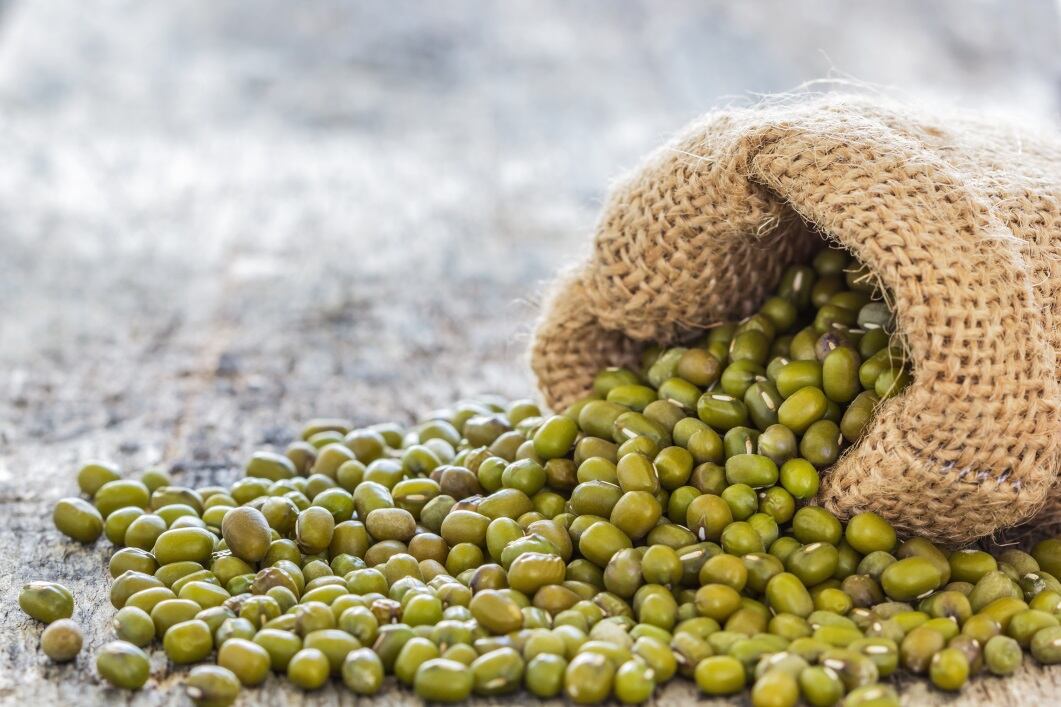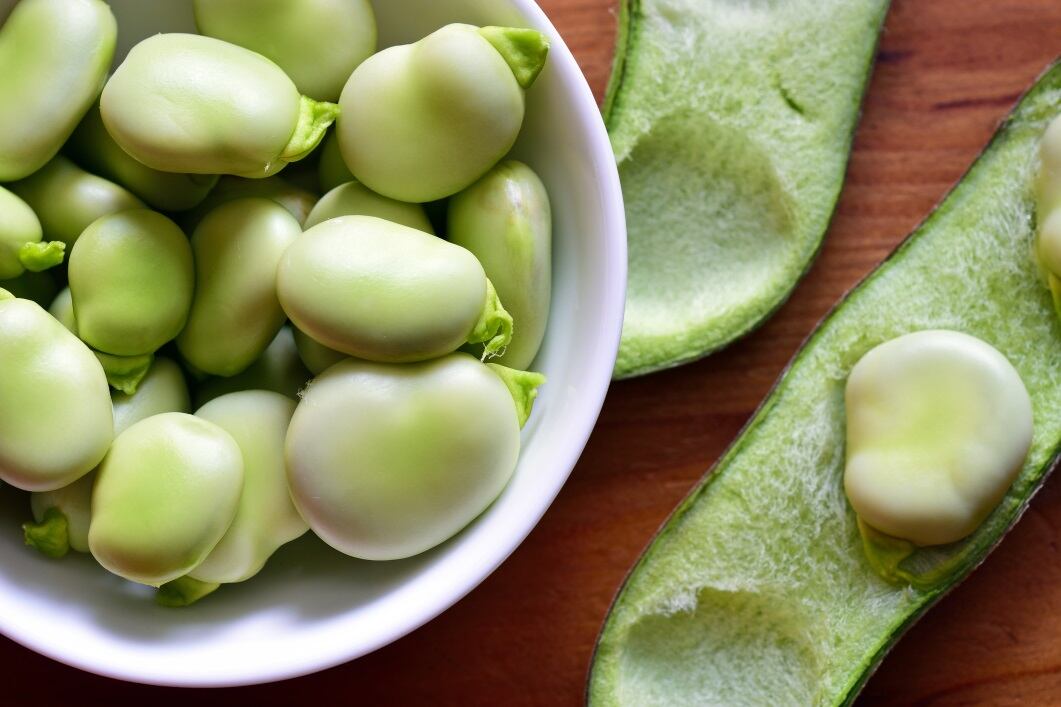Consumer demand for a healthier and more sustainable diet continues to drive new plant protein products onto retail shelves. According to data from Utrecht-based consultancy FutureBridge, the global plant-based protein market will reach US$10.8b by 2022, supported by a CAGR of 6.7%.
But strong demand growth raises complex issues for the industry, from the sustainability of ingredient sourcing to the nutritional profile of formulations.
“Many consumers look to meat and dairy alternatives for a more sustainable, healthy lifestyle and dietary reasons, resulting in an ever-increasing demand for these products. Unfortunately, many of these plant-based alternatives are often nutritionally unbalanced and ultra-processed,” Sarah Browner, FutureBridge’s food and nutrition lead analyst, told FoodNavigator.
“Overall, innovation has concentrated on the sensory attributes of alternative products and getting the protein content in-line with that of their conventional meat and dairy counterparts. As a result, improving the nutritional profile of the finished product has taken a back seat in development.”
Nutrition and sustainability in spotlight
FutureBridge data suggests that consumer perceptions of plant-based remains ‘somewhat positive’, with many shoppers (45%) believing they plant-based meat analogues are ‘healthier’ than animal meat.
However, the sector is coming under ‘increased fire’ for its nutritional record. “The ultra-process nature of current plant-based alternative remains a persistent challenge in today’s industry,” Browner observed.
Questions over sustainable sourcing are also gaining traction. Concern is growing over soy, for instance, due to its associations with deforestation and genetic modification.
Soy is the second largest agricultural driver of deforestation worldwide according to the WWF. The vast majority of soy – 80% of global supply – is grown in the US, Brazil, and Argentina. These regions dwarf European production levels, with food miles adding to the commodity's carbon footprint. Many soy crops are GMOs that have been engineered to withstand high levels of controversial chemicals like glyphosate.
Pea protein, another common plant protein in today’s market, has its own problems. It’s pronounced flavour is difficult to mask – making simple product formulations difficult to deliver.
FutureBridge believes that the next wave of innovation in plant-based will home in on these issues.
Browner elaborated: “As alternative products move more towards the look and feel of the real thing, FutureBridge’s analysts predict the next focus area for scientists will be making these products healthier options to reach a broader consumer group.”
Some companies are already addressing this issue by reducing the number of ingredients they use in product formulations. Ocean Hugger Foods, for instance, utilizes simple ingredients such as eggplant and algae oil to provide alternative seafood with a lower level of processing. Likewise, Harmless Harvest uses mainly coconut to create dairy-alternatives with lower processing.
FutureBridge forecasts that this innovation tide will usher in a new generation of plant-based proteins. The consultancy has identified four rising plant protein sources that it believes will have a big impact, acting as a disruptor in the category which has itself disrupted the packaged food sector.
#1: Mung beans in egg replacement

FutureBridge predicted that mung beans will emerge as a popular egg replacement because they have many of the same amino acids as eggs that provide attractive gelation and emulsification properties.
“For mung bean, its high water solubility and good gelation properties in isolates make it an upcoming solution for the alternative egg industry,” Browner noted.
Usage of mung bean instead of eggs would allow a reduction of one billion gallons of water in production per year, the researchers noted.
#2: Chickpeas in meat analogues
FutureBridge said chickpea is quickly gaining popularity in meat analogue formulations as an alternative to soy, wheat and pea.
“Chickpea’s ease of sourcing, high water and fat solubility and favourable extrusion makes it a rising plant protein source for plant-based meat,” Browner explained.
Chickpea offers some nutritional benefits. For example, a research study identified that the protein digestibility of lysine and proline was higher in extruded chickpea than in yellow pea.
#3: Coconut in dairy-free

FutureBridge expects the market share of coconut in the meal alternatives segment to increase. All 20 manufacturers of plant-based cheese in FutureBridge’s database utilise coconut protein as a key ingredient.
“Coconut’s naturally sweet taste and fat profile to provide that creamy dairy texture make it an attractive alternative to dairy,” the analyst noted.
#4: Seaweed replacing fish in seafood
“The demand for clean-label umami taste in the alternative seafood segment is increasing the demand for seaweed protein,” Browner continued.
As well as an umami taste profile, seaweed delivers good gelation properties and increased water retention. These attributes will be critical drivers for future demand growth in seaweed based ingredients.
Next gen ingredients support diversification
Browner said she has witnessed an ‘increased interest’ from the industry in understanding and utilising next generation plant proteins.
“The high demand for the ‘mighty pea’ makes it a highly competitive market and right now the demand outweighs the production capacity. Also, proteins that are utilised in plant-based products today have several problems holding them back including pronounced flavour’s, unwanted texture attributes and highly processed nature.
“Finally, from a sustainability perspective, there is a need to adopt a broader spectrum of plant-based options at an industry level to help avoid intensified pressure on agricultural land. For these reasons we see industry players setting their sights on other crops to work with for their product innovation.”




